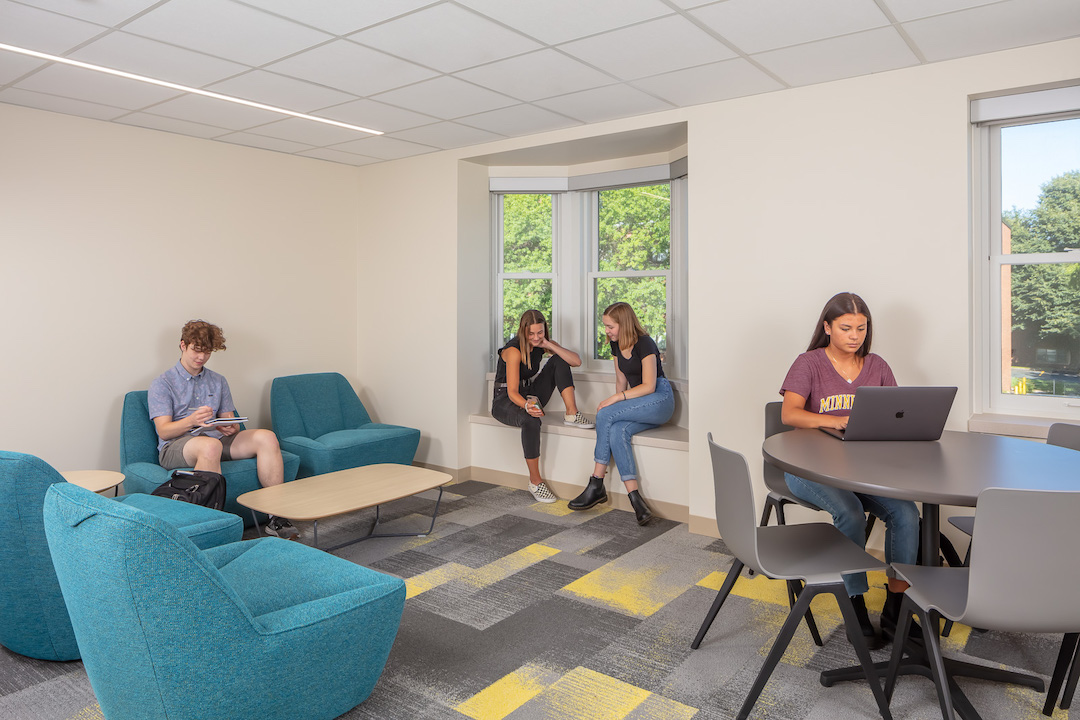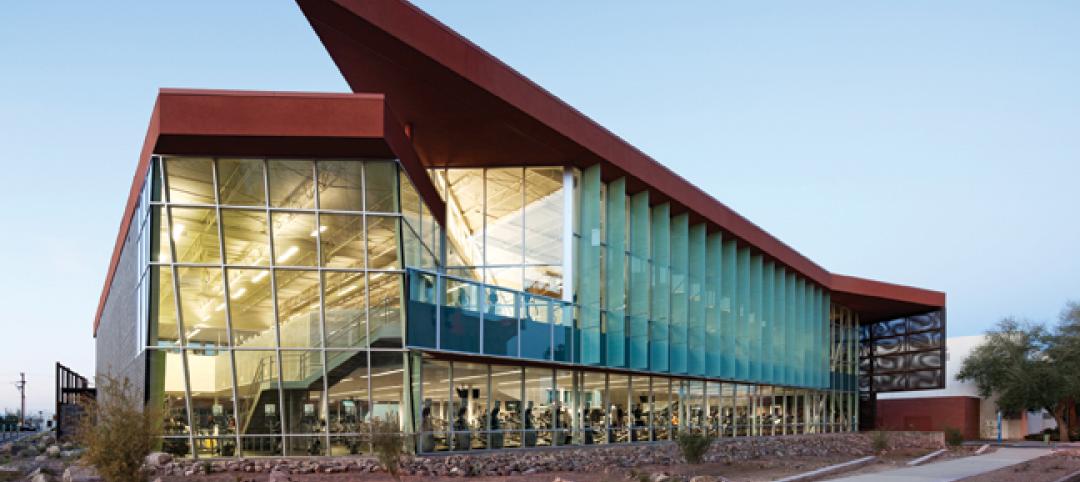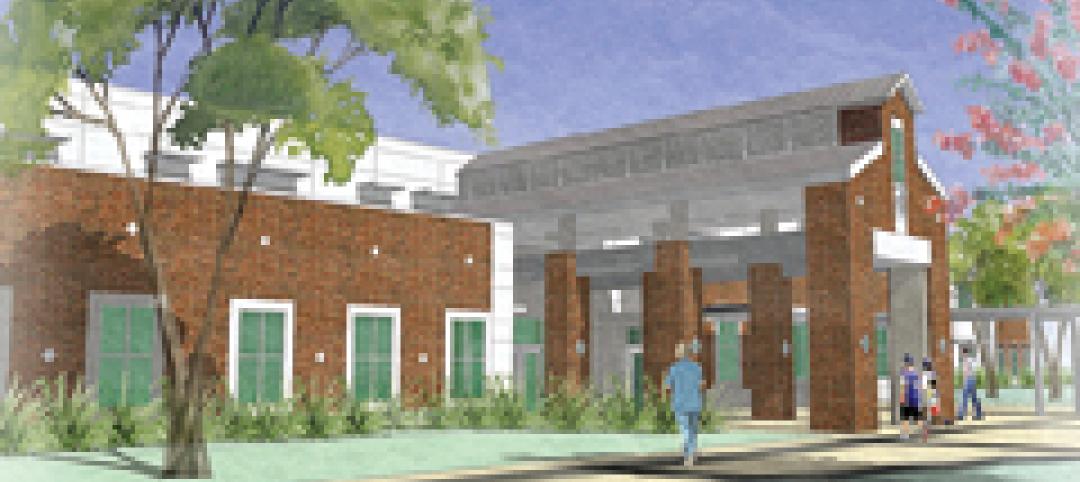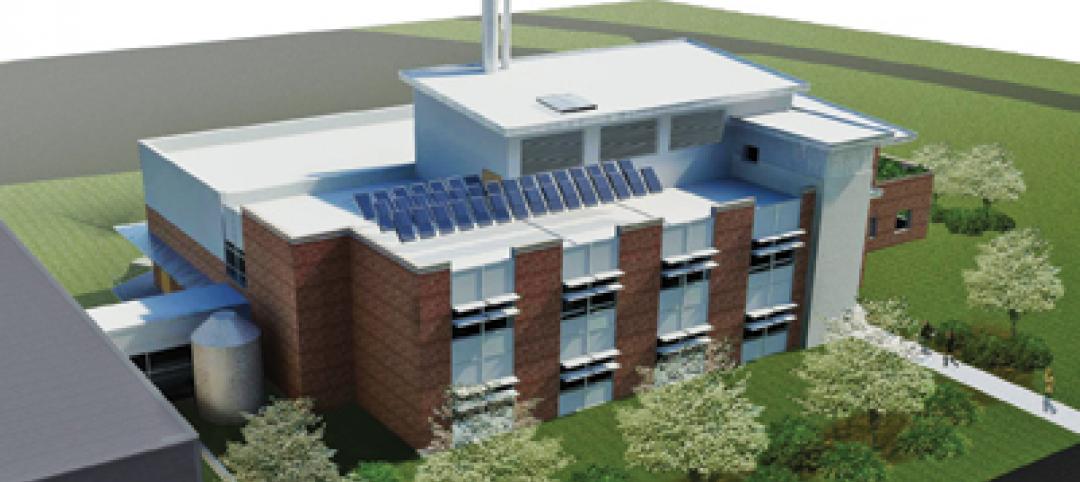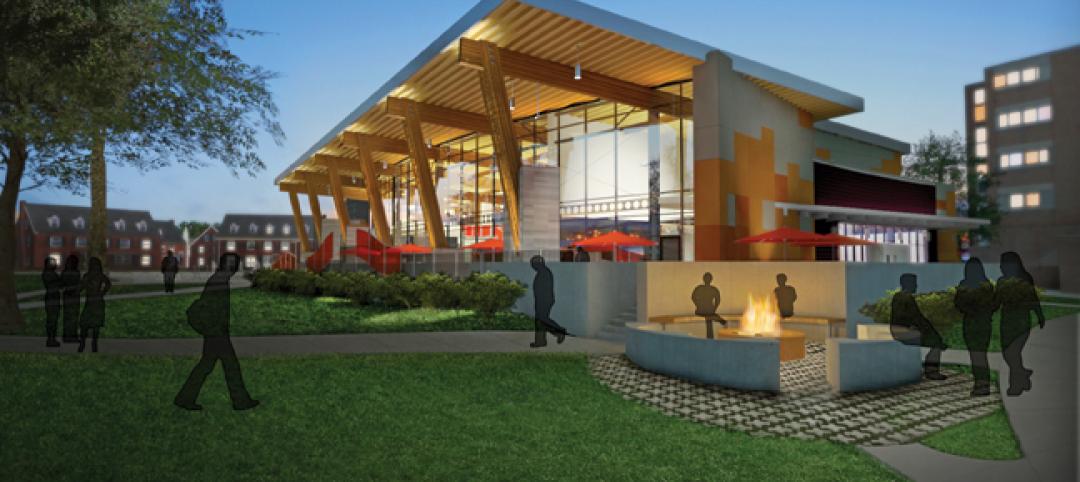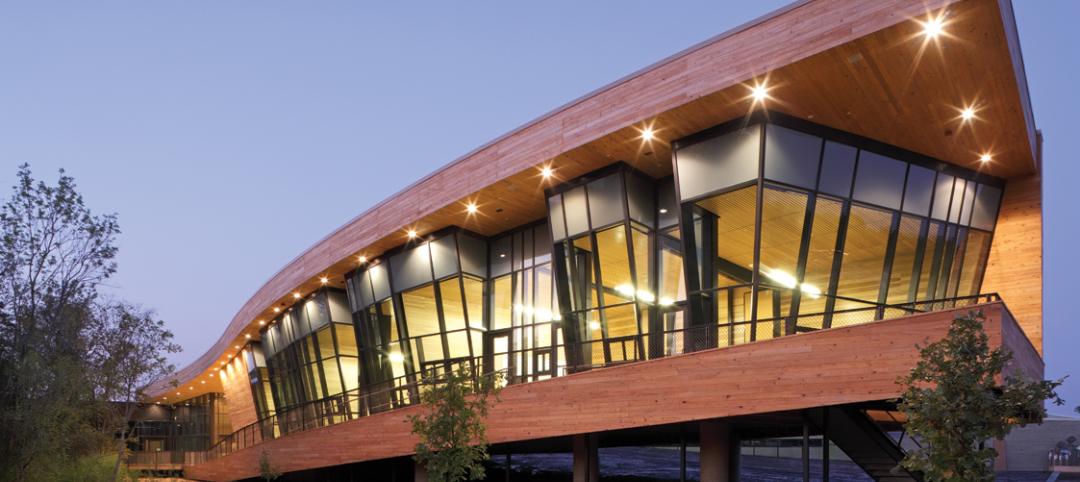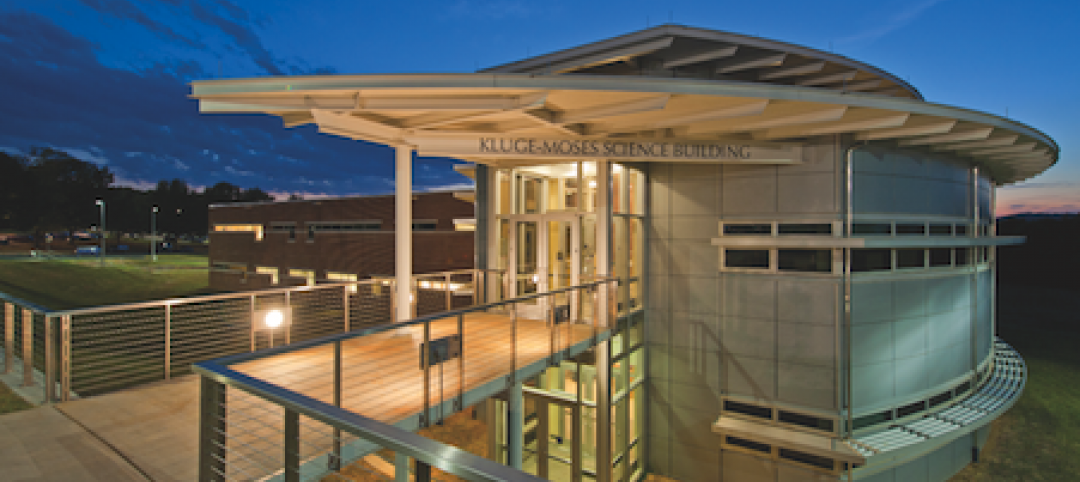Generation Z (people born between 1997 and 2012) is different than Millennials in terms of lifestyle preferences and unique needs in student housing. Gen Z is the most digitally engaged group of students, as they have never known life before technology. They are also the most diverse and well-informed, knowing exactly how to get the information they need to make decisions.
To this end, university housing for the Gen Z student needs to incorporate the digital world. For example, many housing providers are utilizing apps to field student complaints and needs, plus track and communicate with students in real time. Reporting something like the heat not working needs to be able to be communicated in real time, 24/7.
As digitally engaged as Generation Z is, they still value and desire in-person communication and socialization. This unique trait impacts the types of spaces and amenities that residence halls should incorporate, says KWK Architects Principal Paul Wuennenberg.
“Gen Z is more independent in their learning style, but they want to be in a communal space, not isolated – the concept of being ‘alone together,’” said Wuennenberg.
The Gen Z student is typically very value conscious as they saw their Gen X parents suffer through the Great Recession and understand the importance of maximizing value. That being said, Gen Z students are willing to pay for amenities, and will pay more if they see it provides them value.
Using digital technology comes naturally to Gen Z students. Wi-Fi and networking are simply expected in student housing. Shopping online is the norm for the Gen Z student, so universities need to accommodate the ability for them to receive packages and have safe access to those packages 24/7.
According to Wuennenberg, the values that Gen Z espouses will promote more studios and micro units in residence halls. Gen Z students will also want more opportunities to cook for themselves and social spaces where they can work in an ‘alone together’ scenario. Providing spaces for gaming will also be important, as a majority of this generation say they game at least once a week.
“I think the combination of wanting privacy, having fewer people share restrooms, and the desire for maximizing value will encourage these types of units,” he said. “Allowing them choices will be extremely important.”
Related Stories
| Nov 3, 2010
Recreation center targets student health, earns LEED Platinum
Not only is the student recreation center at the University of Arizona, Tucson, the hub of student life but its new 54,000-sf addition is also super-green, having recently attained LEED Platinum certification.
| Nov 3, 2010
Designs complete for new elementary school
SchenkelShultz has completed design of the new 101,270-sf elementary Highlands Elementary School, as well as designs for three existing buildings that will be renovated, in Kissimmee, Fla. The school will provide 48 classrooms for 920 students, a cafeteria, a media center, and a music/art suite with outdoor patio. Three facilities scheduled for renovations total 19,459 sf and include an eight-classroom building that will be used as an exceptional student education center, a older media center that will be used as a multipurpose building, and another building that will be reworked as a parent center, with two meeting rooms for community use. W.G. Mills/Ranger is serving as CM for the $15.1 million project.
| Nov 3, 2010
Virginia biofuel research center moving along
The Sustainable Energy Technology Center has broken ground in October on the Danville, Va., campus of the Institute for Advanced Learning and Research. The 25,000-sf facility will be used to develop enhanced bio-based fuels, and will house research laboratories, support labs, graduate student research space, and faculty offices. Rainwater harvesting, a vegetated roof, low-VOC and recycled materials, photovoltaic panels, high-efficiency plumbing fixtures and water-saving systems, and LED light fixtures will be deployed. Dewberry served as lead architect, with Lord Aeck & Sargent serving as laboratory designer and sustainability consultant. Perigon Engineering consulted on high-bay process labs. New Atlantic Contracting is building the facility.
| Nov 3, 2010
Dining center cooks up LEED Platinum rating
Students at Bowling Green State University in Ohio will be eating in a new LEED Platinum multiuse dining center next fall. The 30,000-sf McDonald Dining Center will have a 700-seat main dining room, a quick-service restaurant, retail space, and multiple areas for students to gather inside and out, including a fire pit and several patios—one of them on the rooftop.
| Nov 2, 2010
Cypress Siding Helps Nature Center Look its Part
The Trinity River Audubon Center, which sits within a 6,000-acre forest just outside Dallas, utilizes sustainable materials that help the $12.5 million nature center fit its wooded setting and put it on a path to earning LEED Gold.
| Oct 27, 2010
Grid-neutral education complex to serve students, community
MVE Institutional designed the Downtown Educational Complex in Oakland, Calif., to serve as an educational facility, community center, and grid-neutral green building. The 123,000-sf complex, now under construction on a 5.5-acre site in the city’s Lake Merritt neighborhood, will be built in two phases, the first expected to be completed in spring 2012 and the second in fall 2014.
| Oct 13, 2010
Editorial
The AEC industry shares a widespread obsession with the new. New is fresh. New is youthful. New is cool. But “old” or “slightly used” can be financially profitable and professionally rewarding, too.
| Oct 13, 2010
Thought Leader
Sundra L. Ryce, President and CEO of SLR Contracting & Service Company, Buffalo, N.Y., talks about her firm’s success in new construction, renovation, CM, and design-build projects for the Navy, Air Force, and Buffalo Public Schools.
| Oct 13, 2010
Campus building gives students a taste of the business world
William R. Hough Hall is the new home of the Warrington College of Business Administration at the University of Florida in Gainesville. The $17.6 million, 70,000-sf building gives students access to the latest technology, including a lab that simulates the stock exchange.
| Oct 13, 2010
Science building supports enrollment increases
The new Kluge-Moses Science Building at Piedmont Virginia Community College, in Charlottesville, is part of a campus update designed and managed by the Lukmire Partnership. The 34,000-sf building is designed to be both a focal point of the college and a recruitment mechanism to get more students enrolling in healthcare programs.


